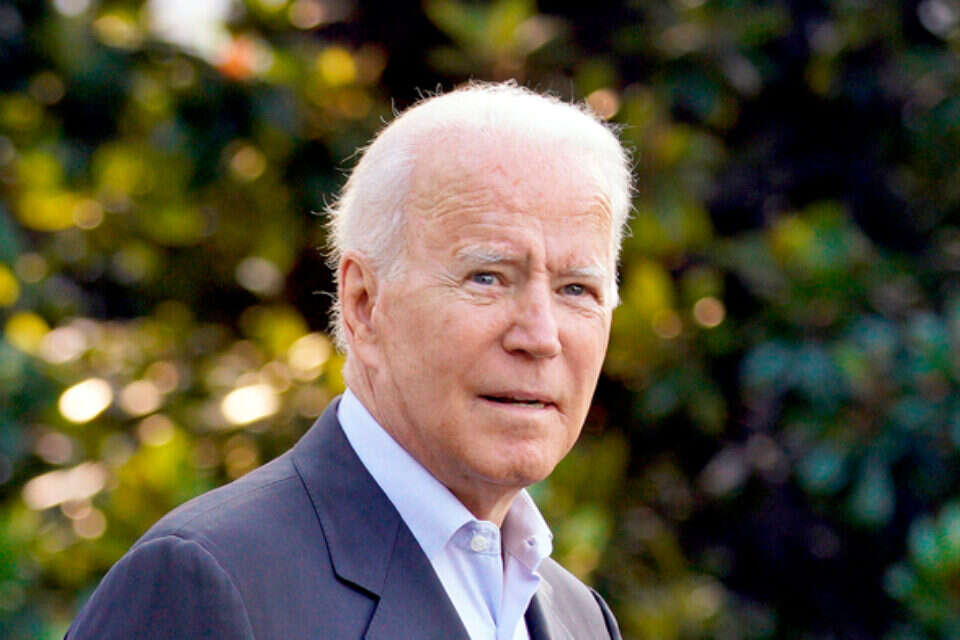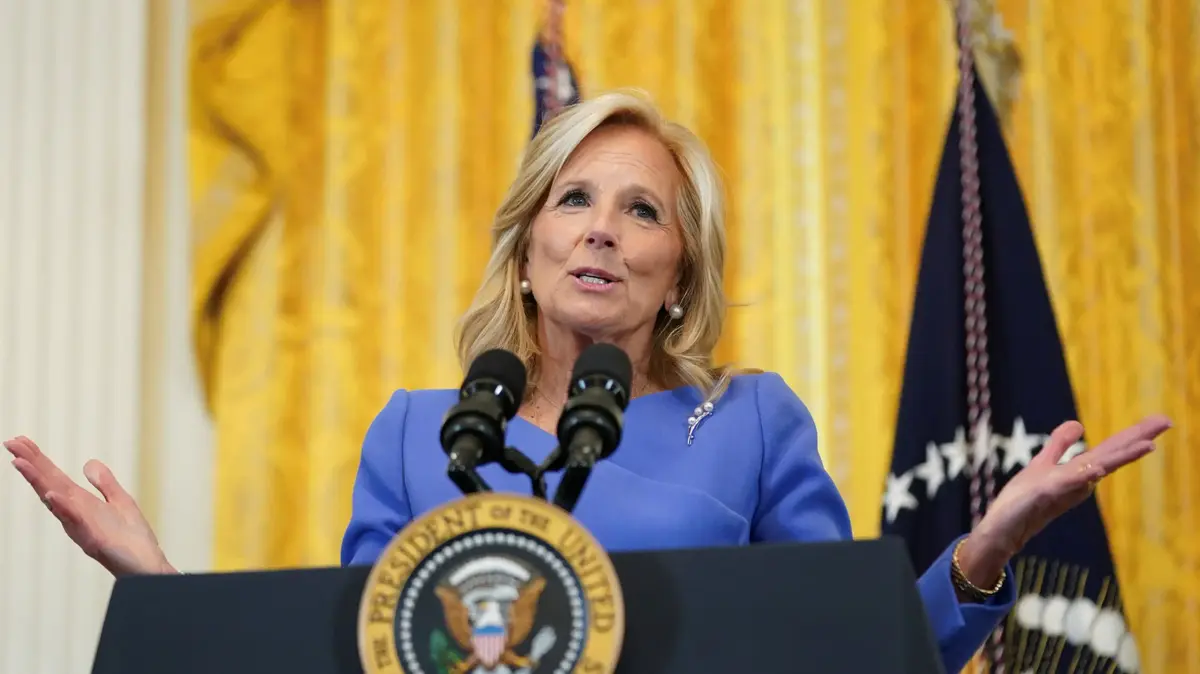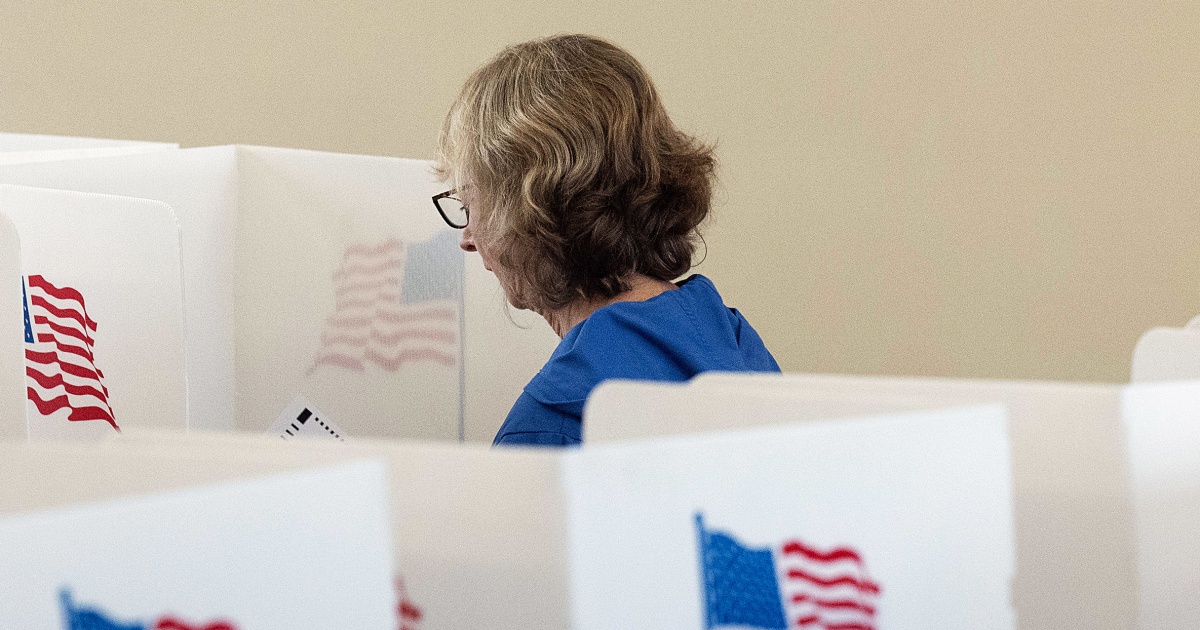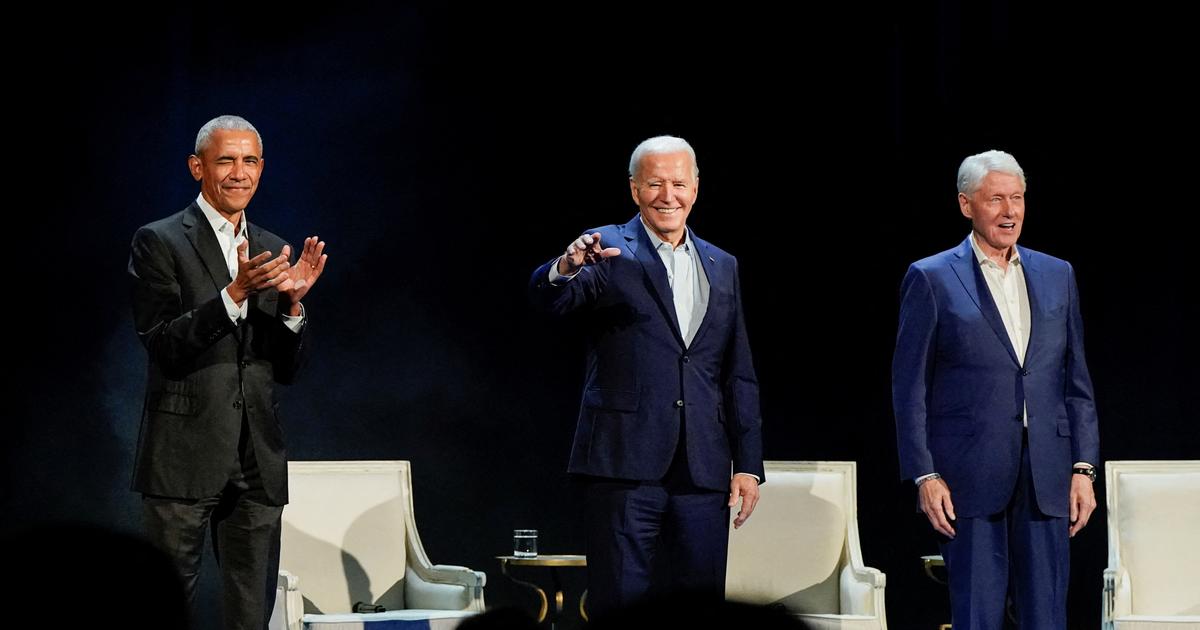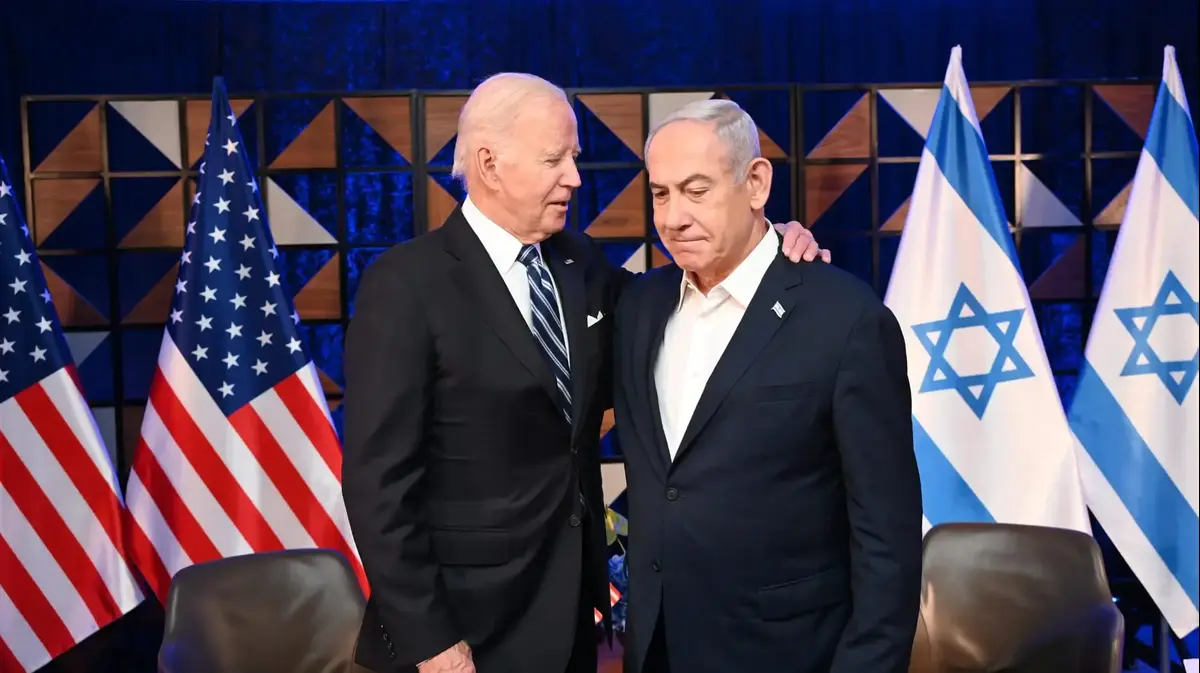Towards the end of the third term of the late US President Franklin Delano Roosevelt, his health deteriorated sharply.
Whoever caused a groundbreaking social and economic revolution in the shadow of the Great Depression, and later led the American nation into an uncompromising confrontation with the "Axis of Evil" despite the separatist opposition at home, became a shadow of itself in the final stages of World War II.
This is when his physical ailments severely impaired his function and decisions, precisely in the founding moments of the formation of the new world order.
Despite the differences in historical context and essence, the similarities between Roosevelt and current President Biden should not be ignored.
These are two personalities who, in their heyday, showed a deep understanding of both the intricacies of domestic politics and their affinity for international space.
Like Roosevelt, Senator Biden demonstrated impressive skill in forming intra-party and bipartisan coalitions on Capitol Hill, and in doing so embodied the ethos of pragmatism and political realism.
However, just as President Roosevelt - despite his illness and exhaustion - did not retire at the end of his three intertwined achievements and successes, but insisted on running for office for the fourth time, so did Biden decide to run for president in 2020, despite his advanced age and marked fatigue.
Thus, a year after the November 3 election and a year before the congressional by-elections, the president is in the midst of a free dive in terms of his public opinion status. This is against the background of a lax, hesitant and reactive style of action, which repeatedly tries to minimize damage without taking risks, and is portrayed as increasingly coveted by the deep liberal wing of its party.
A contemporary expression of this widespread sense of disappointment and frustration, even among Democratic publics, can be seen in the results of the election for governor of the state of Virginia, which has recently become a distinctly democratic stronghold, and in 2020 gave Baidan a 10 percent vote over rival Trump.
We have before us a vital "sign" of the president's deteriorating internal status, as the Virginia election campaign turned into a de facto referendum on Biden's performance, culminating in a firm vote of no confidence in Republican Glenn Youngkin's victory. Indeed, we have before us a bright warning sign that obscures the Democratic Party, and calls into question its ability to maintain its position as the majority faction in both houses of Congress following the "midterm elections" in a year.
The manifestations of this presidential weakness are many, the most prominent of which was the unfortunate and frightened withdrawal from Afghanistan, which proved that the lessons of the exit from South Vietnam had not yet been internalized in the American capital.
On top of that, what started with a loud outcry like an unconditional war on the corona virus through a comprehensive vaccination campaign - gradually faded.
Given the scale of the epidemic and the number of victims, it was to be expected that the captain himself would lead a vigorous campaign to mobilize public support for his moves, forcing "unruly states" to go into a rut.
In practice, Biden's public appearances were few, pale and stuttering.
Unlike Roosevelt in his heyday (who had radio conversations "in front of the fireplace" with the public), Biden completely failed in his attempts to advance his initiatives by addressing the American people directly.
The same is true of his ambitious plans on a whole range of social and economic issues, which seemingly raised Roosevelt's groundbreaking initiatives in the New Deal from the abyss of oblivion, but were soon frozen as a result of the White House's inability to control all its party wings.
In the global space, the worn-out statements about the White House's aspiration to rehabilitate the U.S. system of traditional alliances - remain empty rhetoric today.
The submarine deal - which the US recently signed with Australia behind the French partner's back - is conclusive proof of this. In sum, the Israeli-Arab space also testifies to the administration's overall weakness. Threatened by Iran, Biden initially demonstrated a particularly cool attitude toward Saudi Arabia and the United Arab Emirates.
He signaled in this, admittedly, that he was not bound by the outline launched by his predecessor.
Against this background, all that remains is to grin in the face of the statements of the president and his aides, about the possibility of the military option against the ayatollahs regime in Iran.
For their credibility must still be built in the current American administration, and a good hour earlier, not only in the Middle East but also in the face of the challenges posed by Beijing, Moscow and, of course, Washington.

